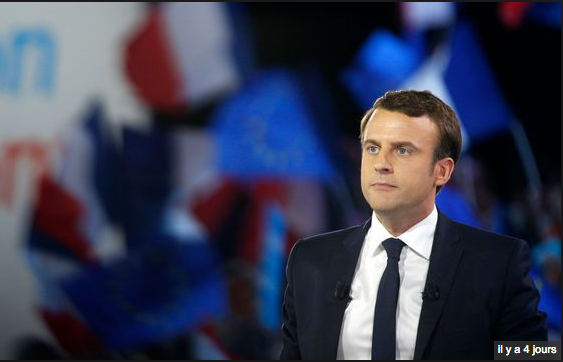French President Emmanuel Macron warned on November 23 that Poland’s plans to overhaul the judiciary are a cause for concern. But he also noted there were a decreasing number of subjects where the two countries did not see eye-to-eye.
As reported by the Reuters news agency, Poland’s ruling Law and Justice (PiS) party has been increasingly at loggerheads with the EU since coming to office in late 2015, locked in disputes with the bloc over immigration and putting courts and media under more government control.
More than two dozen rights groups signed a petition this week saying plans to overhaul Poland’s judiciary would end the country’s status as a democratic state based on the rule of law.
When he met Beata Szydlo on November 23, Macron avoided overt criticism and said it was not up to him to lecture another EU country on its domestic reforms.
But he added that France would follow the conclusions of the EU Commission’s investigation on Poland’s judicial reforms.
“We will continue to exchange views on this topic for concerns,” Macron said. “If it turns out that what is done does not comply with European treaties, we will all draw the consequences.”
“If agreements are found, and it turns out it does comply, or if Poland changes the ongoing reform to comply – of which I‘m neither the judge nor the participant – then in that case we will no longer have any problem,” he added.
Szydlo said Poland respected all the principles, values and rights of the European Union. “All the ongoing reforms comply with these principles,” she said.
As regards the reform of the EU’s directive on posted workers, Macron and Szydlo said there was room for compromise.
According to Reuters, the issue of the so-called posted workers pits wealthier countries against poorer peers keen to preserve current rules that allow their citizens to work elsewhere in the bloc for salaries higher than they would get at home but still lower than the local labour force.

